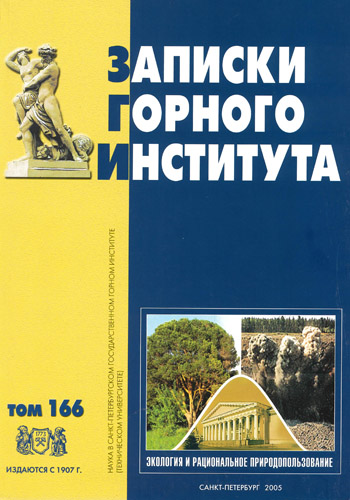Using methods of hydrological and environmental expert examination for differentiation of water tax rates
- 1 — St. Petersburg State University
- 2 — St. Petersburg State University
- 3 — St. Petersburg State University
- 4 — St. Petersburg State University
Abstract
Changes in water and tax legislation have necessitated the need to make additions to the compliance of positions of the system of accounting and assessment of water objects and resources. Accordingly, there was a need to develop market elements of regulating relations in the water use system (water tax, rent payment) while maintaining the lease principles of water resources assessment. Hydrological and ecological expertise is the main tool to implement a differentiated approach to assessing the quality of water bodies and resources. Development of the strategy of water bodies categorization according to the criterion of ecological well-being of aquatic ecosystems makes it possible to obtain corrective coefficients to water tax gates.
